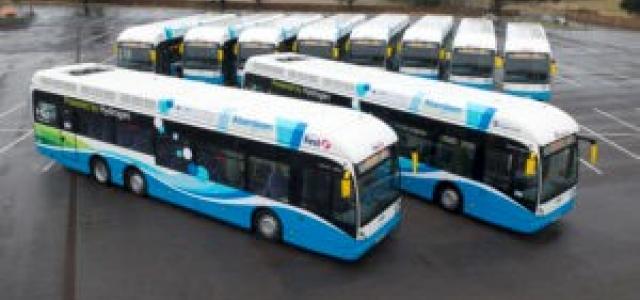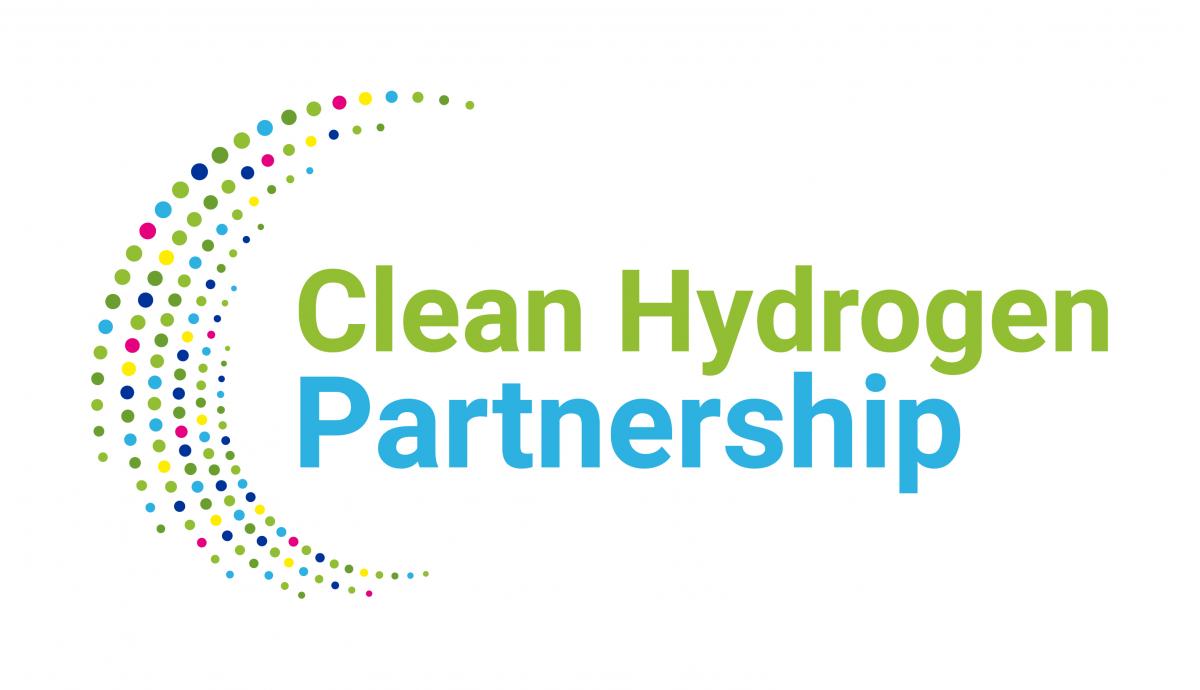Bus Operators Launch Fuel Cell Bus Procurement in Germany and South Tyrol

This week (may 24), Wuppertal based WSW mobil GmbH has tendered the procurement of 63 fuel cell buses for operation in public transport. WSW is coordinating the joint procurement for its partners Verkehrs-Verbund Mainz-Wiesbaden GmbH, traffiQ Frankfurt, Regionalverkehr Köln GmbH (all Germany) and SASA SpA-AG in Bolzano (Itay) which are going to operate these buses in the next years. The tender can be found on Tenders Electronic Daily1.
By the reduction of emissions like nitrogen oxides, fuel cell buses can contribute significantly to the improvement of air quality in cities. Thanks to ranges of up to 400 km (in summer and in winter) they can be operated as flexible as Diesel buses. The necessary hydrogen is either a by-product from the local chemical industry or was made by electrolysis from renewable electricity. The coordinated procurement of buses based on a joint specification sheet targets at achieving lower prices for the buses. Andreas Meyer (WSW) said: “The constructive cooperation of the enterprises – also with the aim to make public transport greener – lead to a fast consensus on the technical specifications. We hope to have found a good basis not only for the actual, but also for further procurement rounds. For industry, this also means to get a guidance line for reaching scale effects which are beneficial for both the industry as well as for the operators.”
The joint procurement activity is part of the JIVE project, an EU funded project deploying 139 new zero emis-sion fuel cell buses across nine cities, the first deployment of this scale in Europe. JIVE is going to become the largest fuel cell bus project in Europe. The German partners have also bid for a co-funding under the National Innovation Program on Hydrogen and Fuel Cell Technology (NIP II) of the German Federal Government which targets at the market introduction of fuel cell applications in Germany.
The transport operators are part of a fuel cell bus procurement cluster which currently consists of 15 companies in Germany, South Tyrol and Trento. Their common target is to switch their complete bus fleets to emission-free vehicles in the future. The cluster management is supported by FCH JU and is operated by Dr. Frank Koch (EE ENERGY ENGINEERS GmbH, Gelsenkirchen) und Heinrich Klingenberg (hySOLUTIONS GmbH, Hamburg). Frank Koch said: “More and more cities are confronted with severe administrative measures as the air is polluted too much. Emission-free buses with batteries and fuel cells will help significantly to improve air quality n the cities. The joint procurement is an important milestone on the preparation of the market for fuel cell buses. We invite all interested bus operators in Germany, Austria and Northern Italy to join our network.” Further clusters exist in the UK, Benelux, France, Scandinavia and Eastern Europe.


